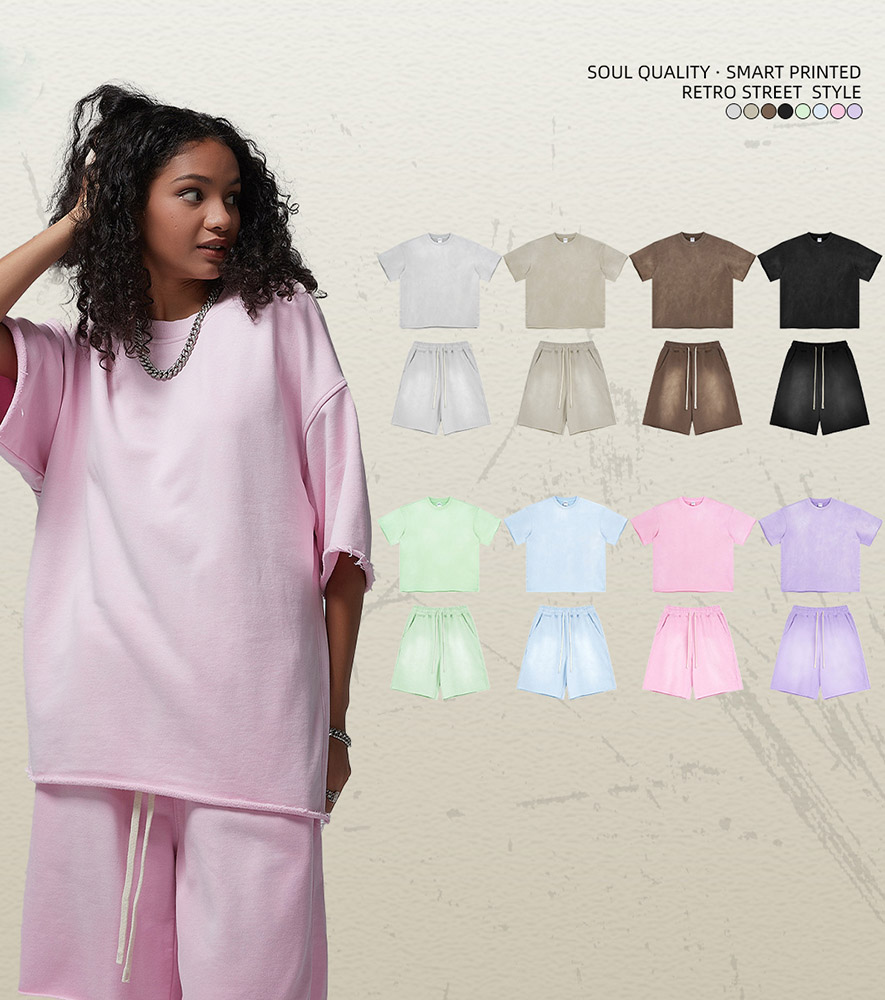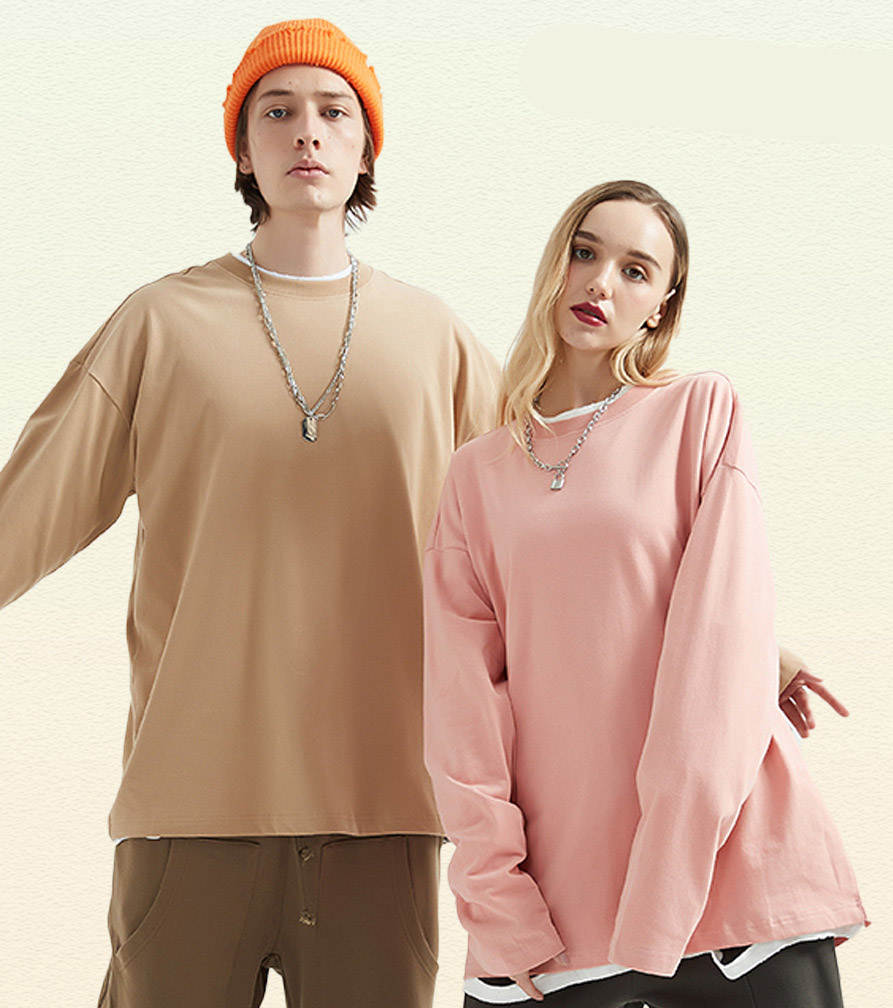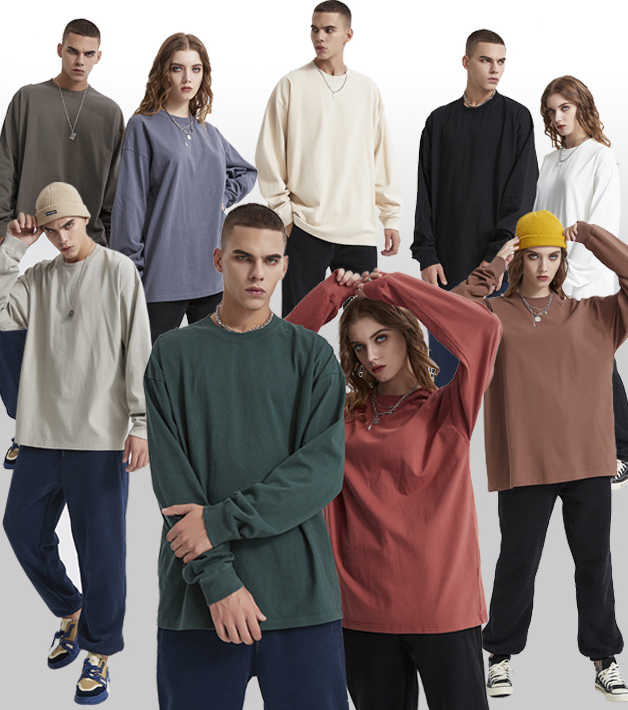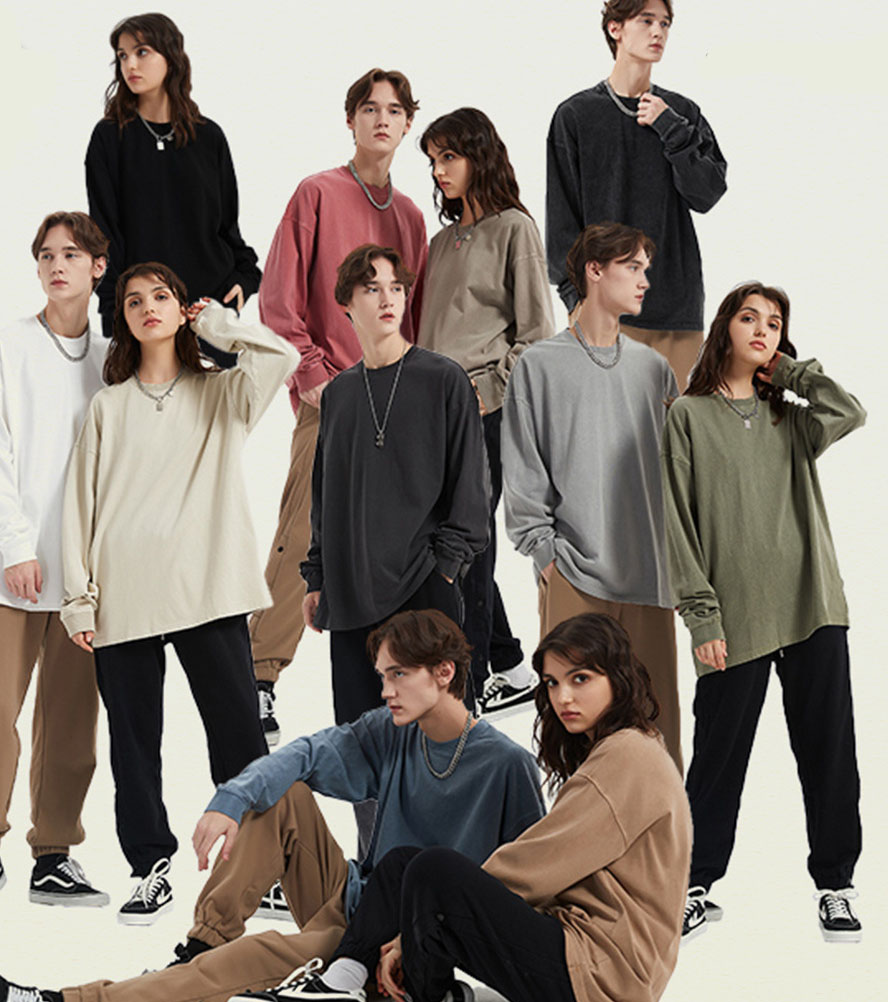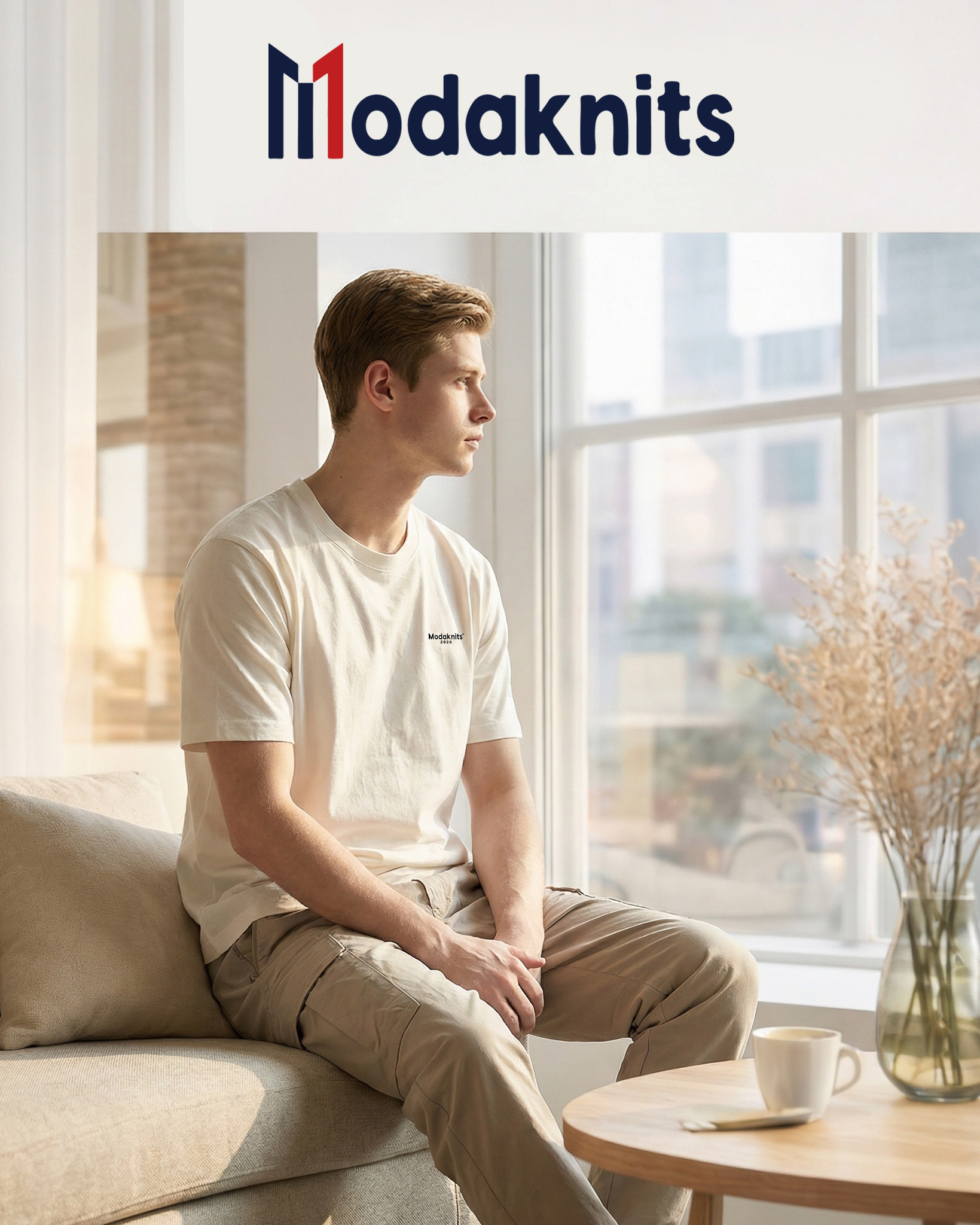We’ve all experienced the frustration of a broken zipper. Whether it’s on a jacket, bag, or pair of pants, a failed zipper can ruin the functionality of an item. But what kind of zipper is the strongest, and how do you choose the best one for durability?
The strongest zippers are typically metal zippers1, followed by molded plastic zippers and then coil zippers. Metal zippers, especially those made of brass or stainless steel, offer superior strength and longevity.
Zippers come in various materials and designs, each with unique strengths and weaknesses. Let’s dive into the details and discover which zipper is best for your needs.

What Factors Determine a Zipper’s Strength?
When it comes to zipper strength, several factors come into play. Understanding these factors can help you choose the right zipper for your specific needs.
The key factors influencing zipper strength include material composition, tooth size, manufacturing quality, and intended use. Metal zippers often outperform plastic and coil zippers2 in strength tests.
Let’s break down these factors for a clearer understanding.
1. Material Composition
Zippers are commonly made from three materials:
- Metal: Brass, aluminum, stainless steel
- Plastic: Molded polyacetal (POM)
- Nylon: Coiled or woven nylon threads
Metal zippers tend to be the strongest due to the rigidity of the metal teeth. Brass, in particular, is known for its resistance to corrosion and wear.
| Material | Strength | Durability | Common Use |
|---|---|---|---|
| Metal | High | Long-lasting | Jackets, bags, workwear |
| Plastic | Medium | Moderate | Outdoor gear, backpacks |
| Nylon (Coil) | Low | Flexible | Apparel, tents, accessories |
2. Tooth Size and Design
The size of the zipper teeth plays a critical role in strength. Zippers are often categorized by size, like #3, #5, or #10, with larger numbers indicating larger teeth. A #10 zipper is typically much stronger than a #3 zipper.
- Large teeth provide better grip and durability.
- Small teeth offer flexibility but may be weaker under tension.
3. Manufacturing Quality
Even a strong material can fail if poorly manufactured. High-quality zippers from reputable brands like YKK or Riri tend to last longer than generic alternatives.
4. Intended Use
The zipper’s purpose also affects its strength requirements. For example:
- Heavy-duty workwear requires robust metal zippers.
- Outdoor gear often uses molded plastic for weather resistance.
- Casual clothing can use lightweight coil zippers.
How Do Metal Zippers Compare to Plastic and Coil Zippers?
The zipper market primarily consists of three main types: metal, plastic, and coil. Let’s compare their strengths and weaknesses.
Metal zippers are the strongest, offering excellent durability and resistance to wear. Molded plastic zippers provide weather resistance, while coil zippers are flexible but weaker.

Metal Zippers: The Strongest Contender
Metal zippers are made from brass, aluminum, or stainless steel. Brass is the most popular for its balance of strength and corrosion resistance.
Pros:
- High tensile strength
- Long-lasting and wear-resistant
- Aesthetic appeal for fashion items
Cons:
- Heavier than plastic or coil zippers
- Can corrode if exposed to moisture without protective coatings
Metal zippers are commonly used in jeans, leather jackets, and heavy-duty workwear. For industries like construction or military applications, brass or stainless steel zippers are the go-to choice.
Molded Plastic Zippers: A Strong Alternative
Molded plastic zippers are crafted from durable POM material. The teeth are individually molded and fused to the zipper tape.
Pros:
- Lightweight and durable
- Resistant to water and corrosion
- Suitable for outdoor and sports gear
Cons:
- More brittle in extreme cold
- Less tensile strength than metal zippers
These zippers are often found in outdoor jackets, backpacks, and tents due to their resistance to environmental elements.
Coil Zippers: Flexible But Weaker
Coil zippers use nylon or polyester threads wound into a spiral. They are lightweight and flexible but have lower tensile strength.
Pros:
- Flexible and lightweight
- Affordable and easy to produce
- Works well for curved or flexible items
Cons:
- Weaker under heavy loads
- Prone to splitting when overloaded
Coil zippers are suitable for everyday clothing, like hoodies, yoga pants, and lightweight jackets.

Why Are Brass Zippers Considered the Most Durable?
Brass zippers are often regarded as the most durable type of zipper. But what makes brass superior?
Brass zippers are highly durable due to the metal’s natural strength, resistance to corrosion, and ability to withstand heavy loads without deforming.
The Science Behind Brass
Brass is an alloy of copper and zinc. This combination provides excellent mechanical properties, including:
- Corrosion resistance: Brass naturally resists rust, making it ideal for outdoor and marine applications.
- High tensile strength: It can withstand significant force without breaking.
- Work-hardening ability: The metal becomes stronger when subjected to stress.
Real-World Applications
Brass zippers are commonly used in:
- Military uniforms
- High-end fashion pieces
- Industrial workwear
How Can You Identify a High-Quality Zipper?
Choosing a durable zipper goes beyond selecting the right material. How can you spot a high-quality zipper when shopping for apparel or gear?
High-quality zippers feature uniform teeth alignment, smooth operation, sturdy sliders, and branded markings like YKK or Riri.
Step-by-Step Zipper Check
- Inspect the Teeth: Make sure the teeth are evenly spaced with no gaps.
- Test the Slider: The slider should move smoothly without sticking.
- Examine the Tape: High-quality zipper tape should feel firm and tightly woven.
- Check the Brand: Established brands often guarantee better manufacturing standards.
What Are the Best Zipper Choices for Activewear?
Activewear presents unique challenges for zippers due to the need for flexibility, durability, and comfort.
For activewear, coil zippers with reinforced nylon are often the best choice, as they provide flexibility, lightweight performance, and smooth movement during physical activity.
Why Coil Zippers Work Best
- Flexibility: Moves with the fabric during workouts.
- Lightweight: Doesn’t add unnecessary bulk.
- Soft Texture: Prevents skin irritation during movement.
However, for heavy-duty activewear like hiking or outdoor fitness gear, molded plastic zippers with weather-resistant coatings are a great alternative.
How Can Proper Maintenance Extend a Zipper’s Life?
Even the strongest zipper won’t last without proper care. What steps can you take to extend a zipper’s lifespan?
Regular cleaning, lubrication, and careful handling can significantly extend a zipper’s durability.
Maintenance Tips
- Clean Regularly: Wipe away dirt with a damp cloth, especially after outdoor activities.
- Lubricate the Teeth: Apply a small amount of zipper lubricant or beeswax.
- Avoid Overloading: Don’t force a zipper when it sticks—check for obstructions first.
For metal zippers, applying a rust-preventive product can help maintain their integrity.
Conclusion
Choosing the right zipper depends on your specific needs. Metal zippers, particularly brass, provide unmatched strength and durability. Molded plastic zippers offer a lightweight and weather-resistant alternative, while coil zippers excel in flexibility and comfort. Understanding the materials, manufacturing quality, and intended use will help you make an informed decision for long-lasting zipper performance.




